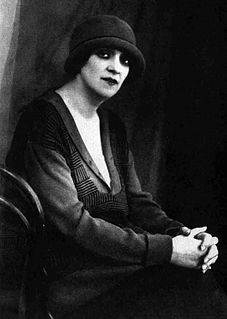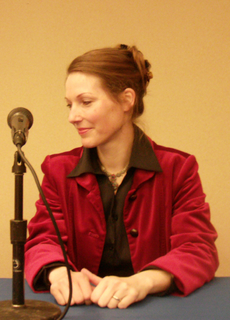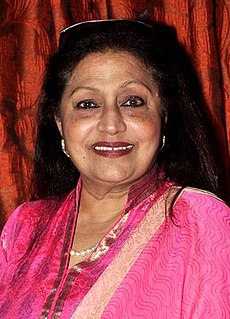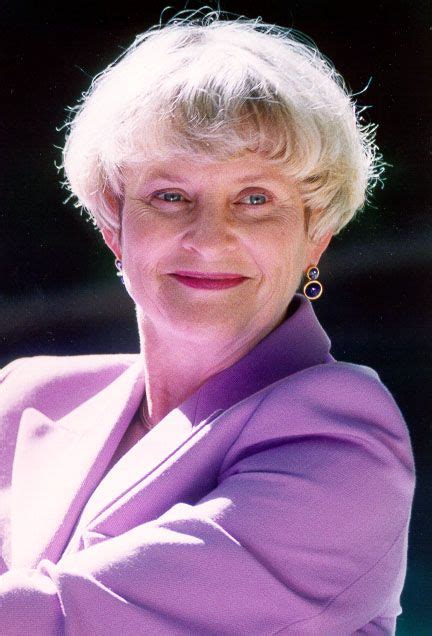A Quote by Adrienne Mayor
The strong bond of sisterhood was a famous trait in classical art and literature about Amazons. But it was modern people who interpreted that as a sexual preference for women. That started in the 20th century. The Russian poet Marina Tsvetaeva declared that Amazons were symbolic of lesbianism in antiquity.
Related Quotes
That whole heroic notion of the women warriors known as Amazons is extremely appealing. It was appealing in antiquity, and, throughout the Middle Ages, the Renaissance, they're always portrayed as heroic, courageous, and the equals of men, and that's just extremely attractive and has been since antiquity.
We know their names: Hippolyta, Antiope, Thessalia. But they were long thought to be just travelers' tales or products of the Greek storytelling imagination. A lot of scholars still argue that. But archaeology has now proven without a doubt that there really were women fitting the description that the Greeks gave us of Amazons and warrior women.
Women who understand how powerful they are do not give into envy over meaningless things, instead they fight to maintain the beautiful bond of the sisterhood. These are the real women who know that we need each other's love & support to survive in this world. Love is the essence of being a woman. We must be that light of love that seals the bond & unique beauty of our sisterhood.
I was really interested in 20th century communalism and alternative communities, the boom of communes in the 60s and 70s. That led me back to the 19th century. I was shocked to find what I would describe as far more utopian ideas in the 19th century than in the 20th century. Not only were the ideas so extreme, but surprising people were adopting them.
Well into the 19th century there were pronouncements from just about every branch of science and medicine that reading, writing, and thinking were dangerous for women. Articles in the Lancet declared that women's brains would burst and their uteruses atrophy if they engaged in any form of rigorous thinking. The famous physician J.D. Kellogg insisted that novel reading was the greatest cause of uterine disease among young women and urged parents to protect their daughters from the dreaded consequences of print.


































